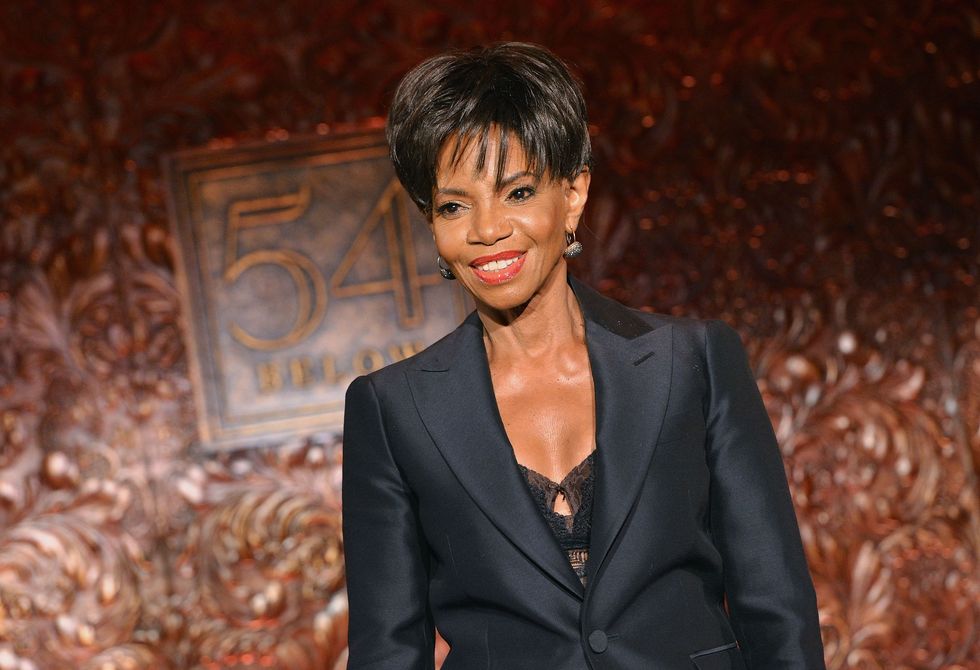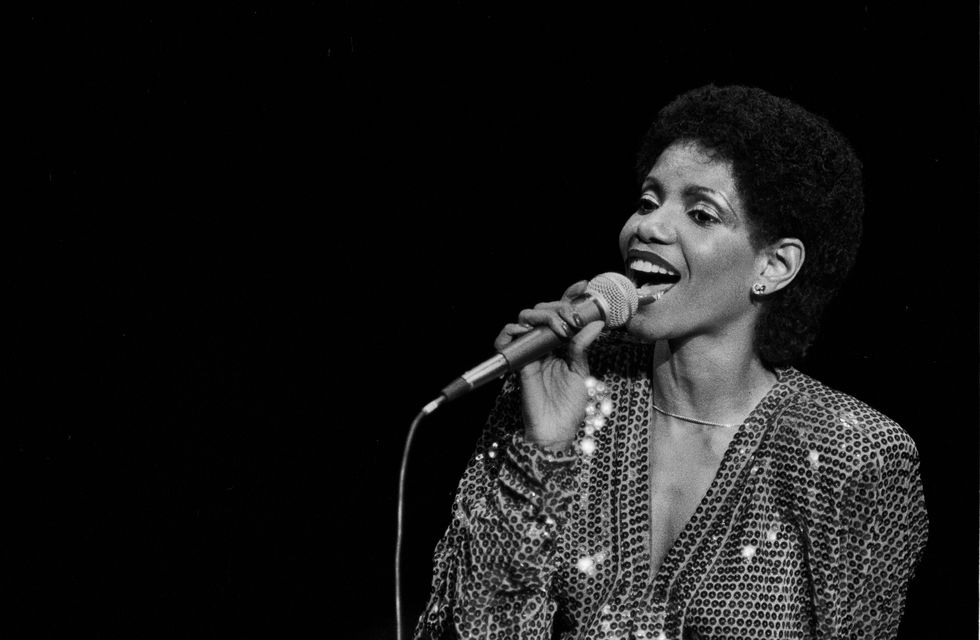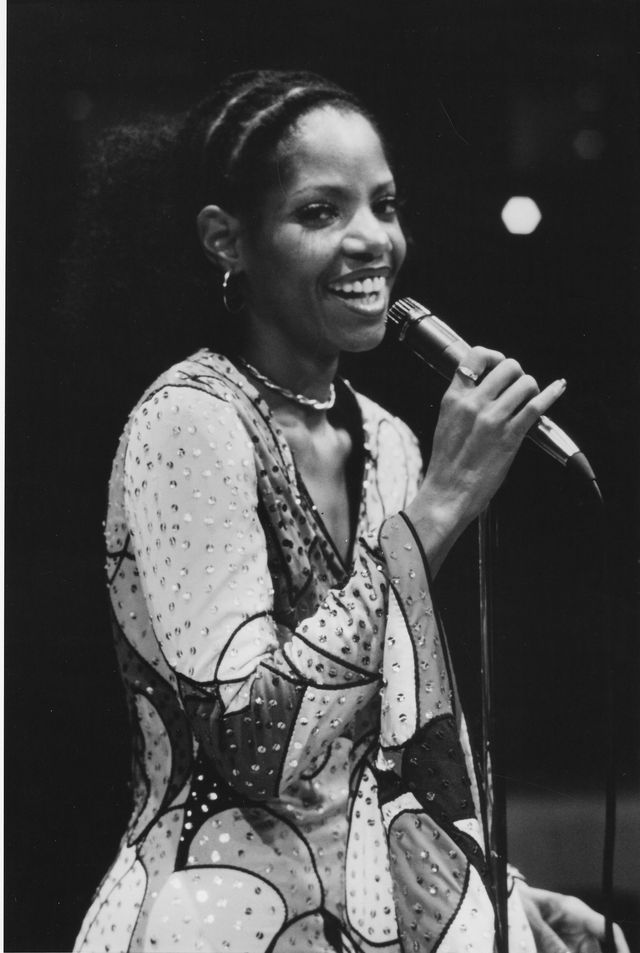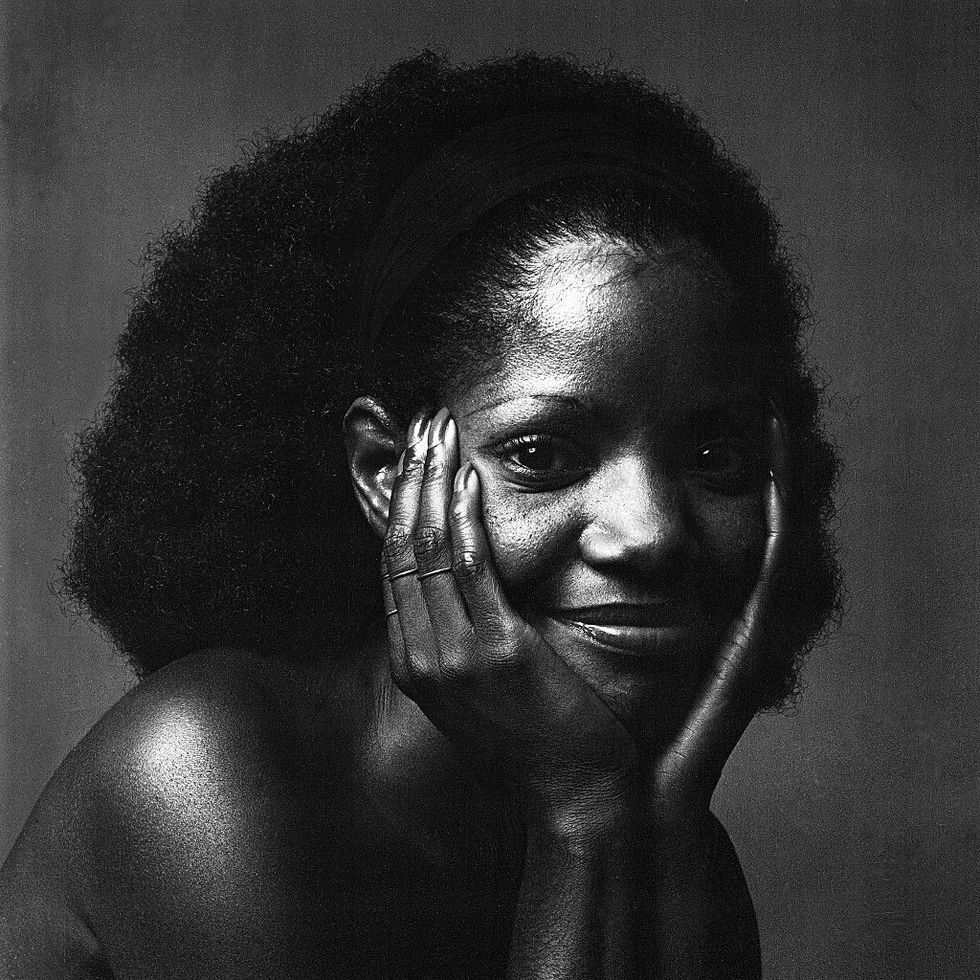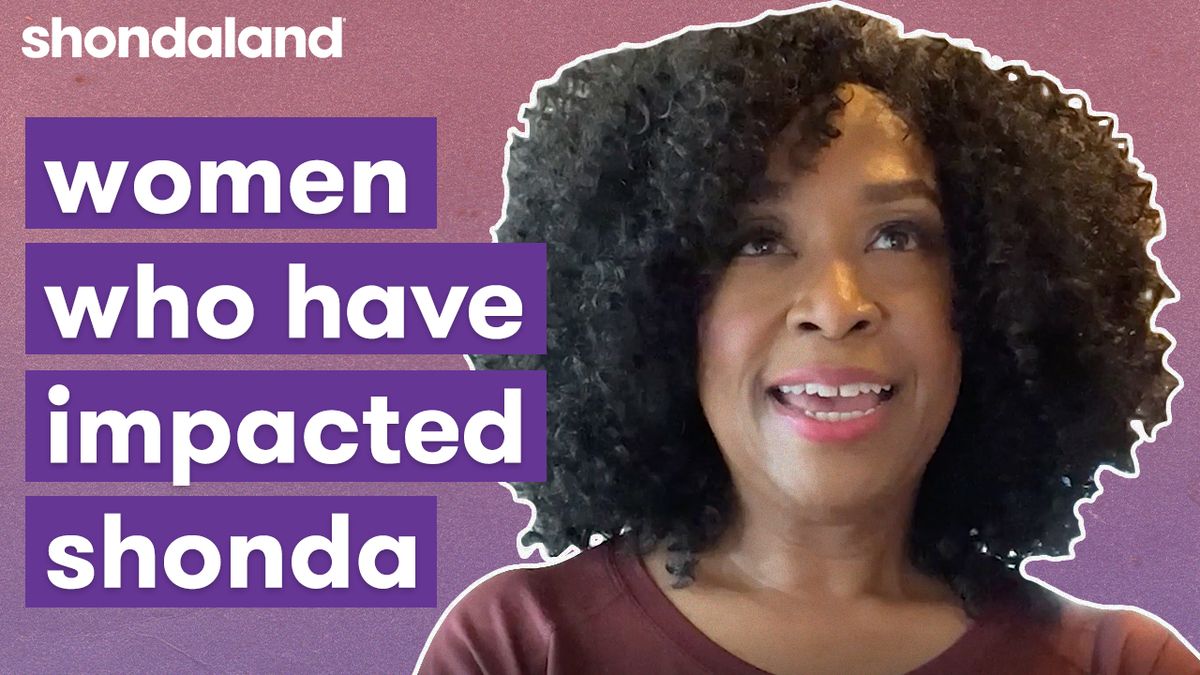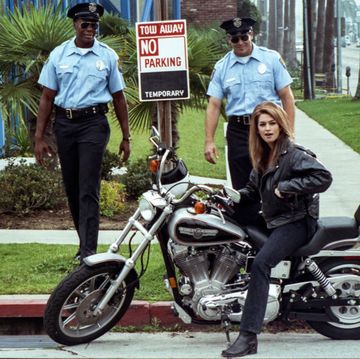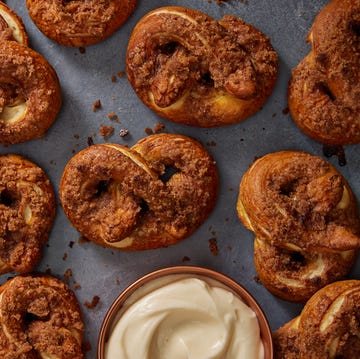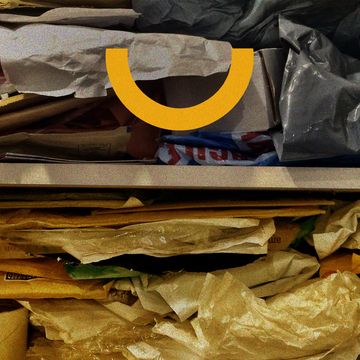For decades, Melba Moore has knocked down walls and kicked down doors, paving the way for African American actresses, singers, and entertainers of all kinds. She won a Tony Award for best featured actress in a musical for her role in the musical "Purlie," was the first black woman to replace a white actress (Diane Keaton) in the lead role of the Broadway musical "Hair," and became the first African American woman to play the female lead in the musical "Les Misérables" on Broadway. In her singing career, Moore rose to the top of the charts with hits like "Falling," "You Stepped Into My Life," "Love’s Comin’ At Ya," and "A Little Bit More" — just to name a few. She then took her talents to television, where she starred in her own sitcom, "Melba."
Eventually, Melba found love, got married, and, together with her now ex-husband, crafted the future of music through Hush Productions, which both bolstered her career and jump-started the careers of a multitude of R&B artists in the '80s.
But despite all of her career highs, Moore also experienced some severe lows — from a devastating divorce and bankruptcy, to living on welfare and watching the light of her illustrious career fade after taking a nearly decade-long hiatus. Eventually, the Grammy-nominated singer reemerged in the mid-90s, touring with gospel artists, appearing in the film "The Fighting Temptations," and making her return to the recording studio — and her 2016 album "Forever Moore" shows the singer hasn’t skipped a beat with her soulful vocals.
Moore recently spoke with Shondaland about reclaiming and rebuilding her life and career after a series of challenges knocked her down — and why it’s so important to always get back up again.
Shameika Rhymes: Who raised you?
Melba Moore: She was a unique lady and her name was Mama Lou Hawkins. She was my nanny, so it wasn’t my mama [who raised me]. My mama was a professional singer and she stayed on the road all the time. Mama Lou didn’t know how to read or write — she was a throwback to slavery in a sense. She had never done anything but farm work and domestic work. Mama Lou was my primary influence for my role as Lutibelle Jenkins in the Broadway musical "Purlie"; so, in other words, she was country! (Laughs.) I loved her dearly. She died when I was 13, I’ll never forget that day. It destroyed me when she passed away.
SR: You are a woman of so many firsts — how does that feel knowing that you are the one that paved the way and opened the door for a lot of African American women?
MM: It just showed me that God is in control of everything; no matter how smart or stupid you are, because first of all, you have a chance. I didn’t have an agent or a manager. I left my career as a public school music teacher in New Jersey. I wanted to try my hand at being a professional singer. My stepdad was a performer and so was my mother, so I know I caught the fever from them. I know that when people have desires and dreams that God put in you, that it doesn’t always mean it’s going to turn out like it has for me, but you definitely should pursue it to see if there’s something to it. I didn’t think that I would be a star or an outstanding artist, but I knew I wanted to be in the field.
SR: Looking back at your list of achievements, is there anything that you would have changed?
MM: I can’t say I have any regrets, since it all turned out so great. But if I had some kind of training in theater, if I knew anything about business, the financial and management aspects, and had some guidance, it would have been less traumatic. Now that I have longevity, there’s a pattern of things you need to look at. Hopefully I can mentor some people coming along and show them how to make some order out of what can seem to be chaos. Training would have been very helpful. I just finished a three-month run of Westcoast Black Theatre Troupe’s production of "Lady Day at Emerson Bar & Grill." It turned out great but I was in such trauma because I have no training. You are so used to doing one thing, and you’re telling your brain to do something else, honey it’s like trying to pick up and move a mountain. (Laughs.) It won’t go. It will, but you have to keep pushing and pulling and performing exorcisms to get it to go.
SR: You've suffered a series of setbacks throughout your life and career — things where most people would have just given up. What inspired you to pick yourself up and reclaim your life?
MM: My first job is God. For me, that’s my real vocation, my real job. I do that daily. A lot of times what you see happening now is not visible or tangible, and you might think it’s not going to happen, but God keeps encouraging you every day while you are waiting. This is a foundation for what’s to come. So, for me, I’m starting a brand new life over, and learning what life really is. It takes timing, and there are different aspects and foundations that have to be in place, that He’s building and putting you through. It’s a rebuilding of my life, career, and family.
I have a daughter. When you have someone else to think about, that’s an inspiration, because you have to figure out, "What do they need?"… My ex-husband, who was my manager and who was supposed to be my life partner, is now in prison. He had put our daughter in business, and when all of that was shut down, both of their lives were shut down. My daughter couldn’t even get an apartment or a job because a flag would come up because they have the same name, so it looked like she was the criminal. She had no way to even make a living. I had what God would show me was an opportunity to do the things that I wasn’t able to do for her before, and [to] start all over again. I had to have total care of her, meaning every aspect of her.
In this way, I actually got to rebuild a family. You can see how something chaotic could lead into breakdown and destruction — but now, we are a family.
SR: What has been the greatest lesson that you have learned over the course of your career?
MM: Everything changes, but don’t let it stop you. It’s easy for people to say, "Don’t be afraid to start over," but starting over is no walk in the park.
SR: What’s next for you? What are some goals you still hope to accomplish?
MM: My goal is just to keep things simple and not allow a lot of clutter to come in.
I am going to have a new tour in the U.K. I’m working on a gospel album and a regular commercial album, concert tours, and I’m going on tour with the "Lady Day" show. Also, in my senior years, I’m making sure that I stay healthy so that I can do all of these wonderful things.
This interview has been edited and condensed.
Shameika Rhymes is a journalist of all trades. She’s a former television news producer who has written for outlets like ET Online, ESSENCE, EBONY Magazine, the National Museum of African American Music, Shondaland, WEtv.com, and her own blog, The Mofochronicles.com. Follow her on Twitter @MofoChronicles and @WriterShameika.
Get Shondaland directly in your inbox: Subscribe Today

